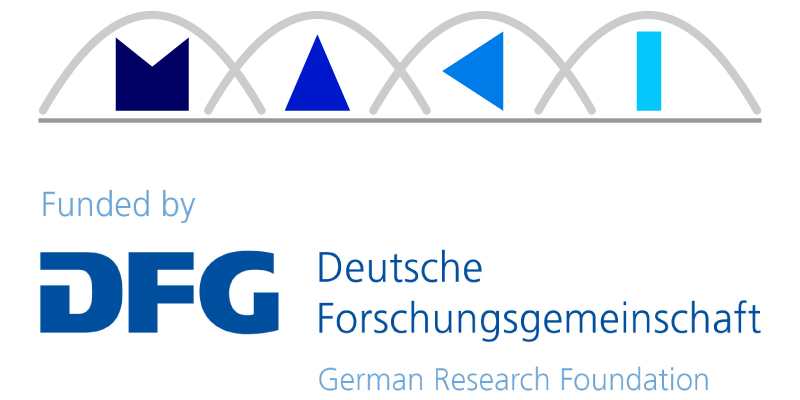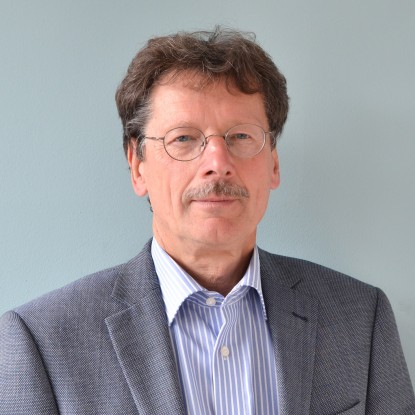| Vortragender | Prof. Dr. Bruce Maggs |
| Titel | A Universal Approach to Data Center Network Design |
| Zeit | Montag, 09.02.15, 16:15 Uhr |
| Ort |
S3|20, Raum 18 Rundeturmstr. 10, 64283 Darmstadt |
|
Abstract |
|
|
This talk proposes an approach to the design of large-scale general-purpose data center networks based on the notions of volume and area universality introduced by Leiserson in the 1980's in the context of VLSI design. In particular, we suggest that the principle goal of the network designer should be to build a single network that is provably competitive, for any application, with any network that can be built for the same amount of money. We illustrate our approach by walking through the design of a hierarchical data center network using the various networking components available today commercially. Joint work with Aditya Akella, Theo Benson, Bala Chandrasekaran, Cheng Huang, and David Maltz |
|
| Bio | |
|
Bruce Maggs received the S.B., S.M., and Ph.D. degrees in computer science from the Massachusetts Institute of Technology in 1985, 1986, and 1989, respectively. His advisor was Charles Leiserson. After spending one year as a Postdoctoral Associate at MIT, he worked as a Research Scientist at NEC Research Institute in Princeton from 1990 to 1993. In 1994, he moved to Carnegie Mellon, where he stayed until joining Duke University in 2009 as a Professor in the Department of Computer Science. While on a two-year leave-of-absence from Carnegie Mellon, Maggs helped to launch Akamai Technologies, serving as its Vice President for Research and Development, before returning to Carnegie Mellon. He retains a part-time role at Akamai as Vice President for Research. Maggs's research focuses on networks for parallel and distributed computing systems. In 1986, he became the first winner (with Charles Leiserson) of the Daniel L. Slotnick Award for Most Original Paper at the International Conference on Parallel Processing, and in 1994 he received an NSF National Young Investigator Award. He was co-chair of the 1993-1994 DIMACS Special Year on Massively Parallel Computation and has served on the steering committees for the ACM Symposium on Parallel Algorithms and Architectures (SPAA) and ACM Internet Measurement Conference (IMC), and on the program committees of numerous ACM conferences including STOC, SODA, PODC, and SIGCOMM. |
|
SFB 1053 MAKI

Prof. Dr. Bruce Maggs
Prof. Dr. Bruce Maggs
The content of this page is only available in German.
Please go to German version of this page



